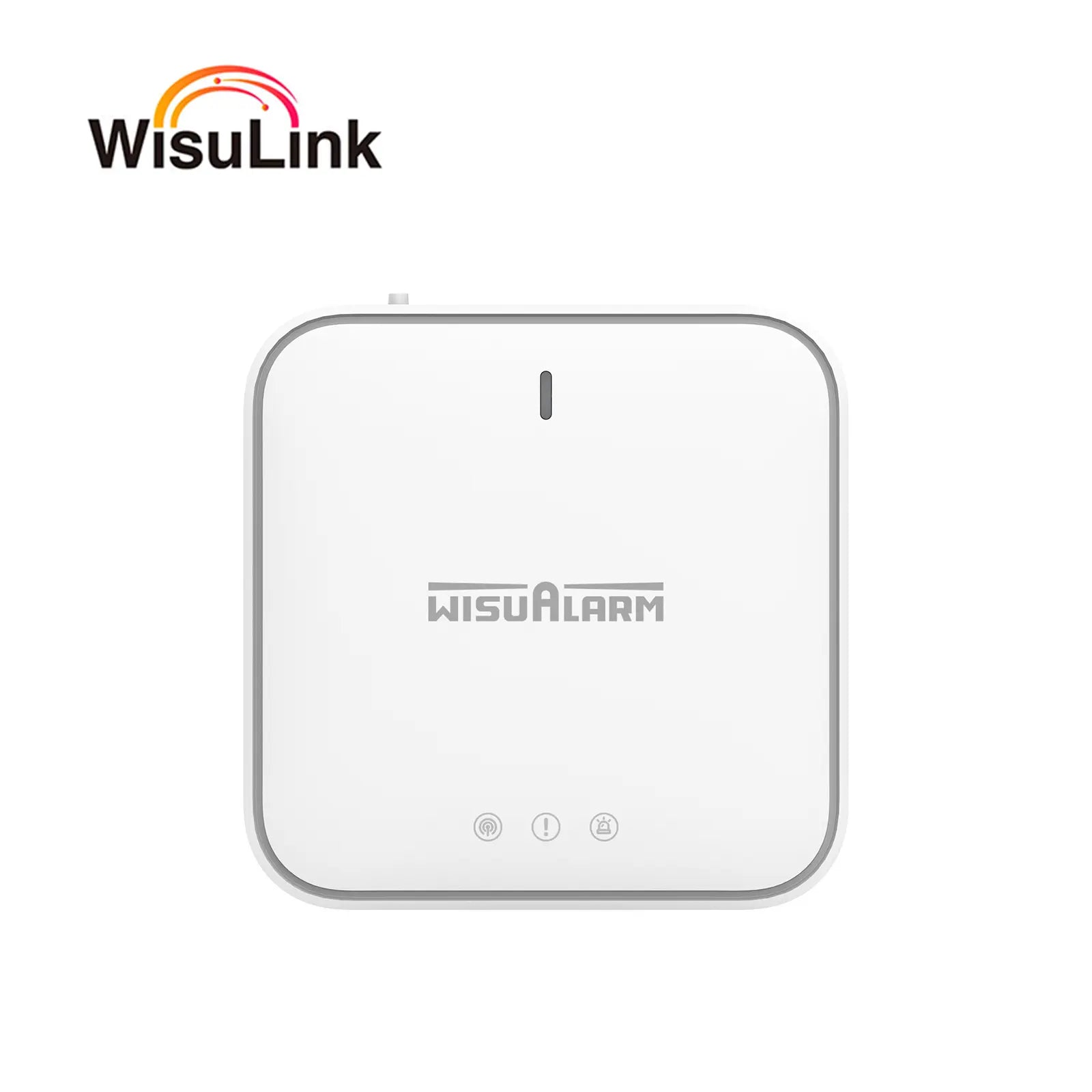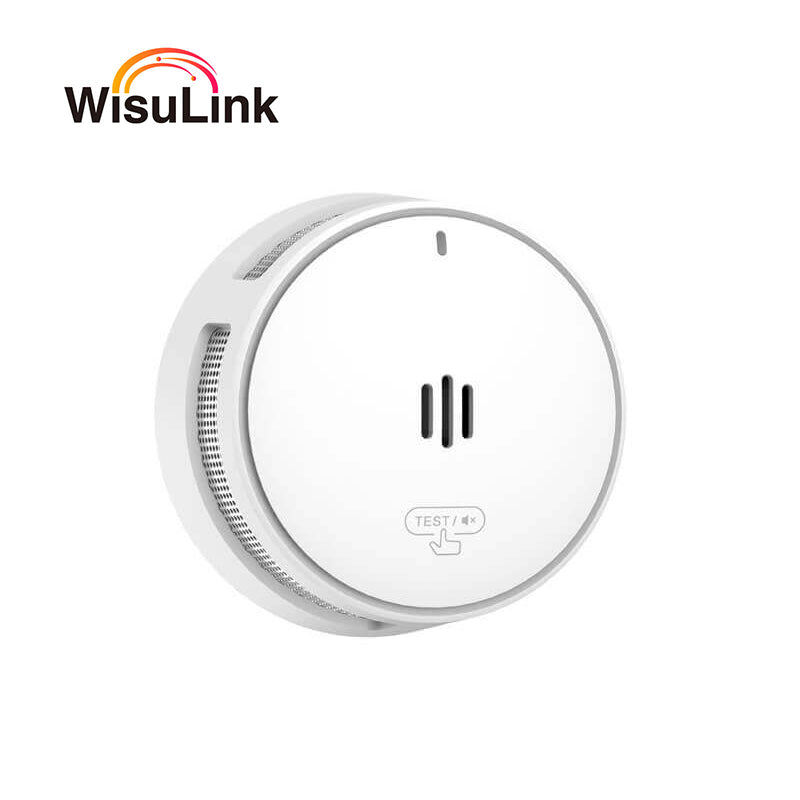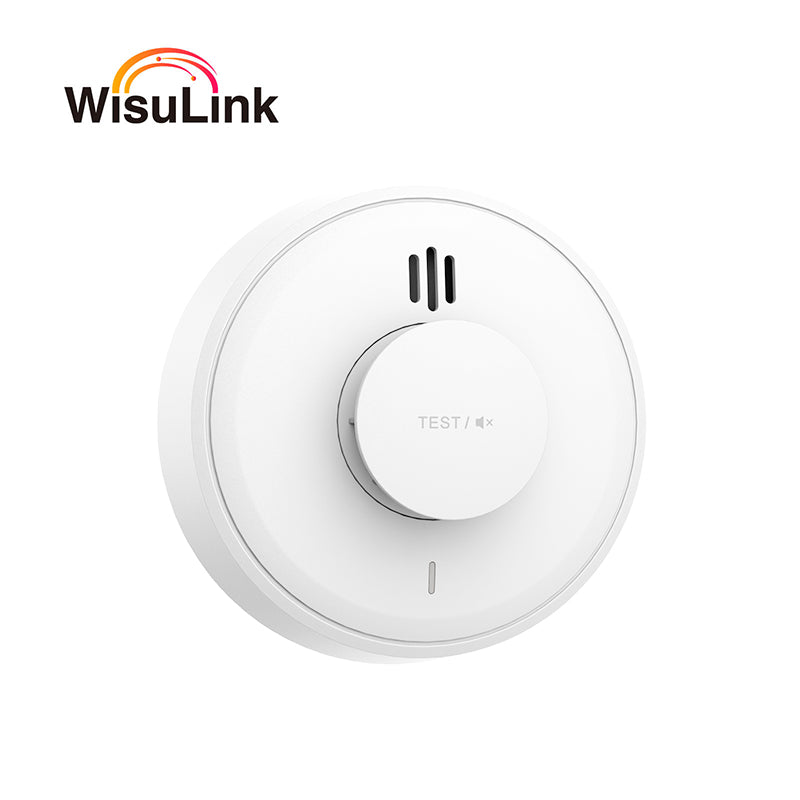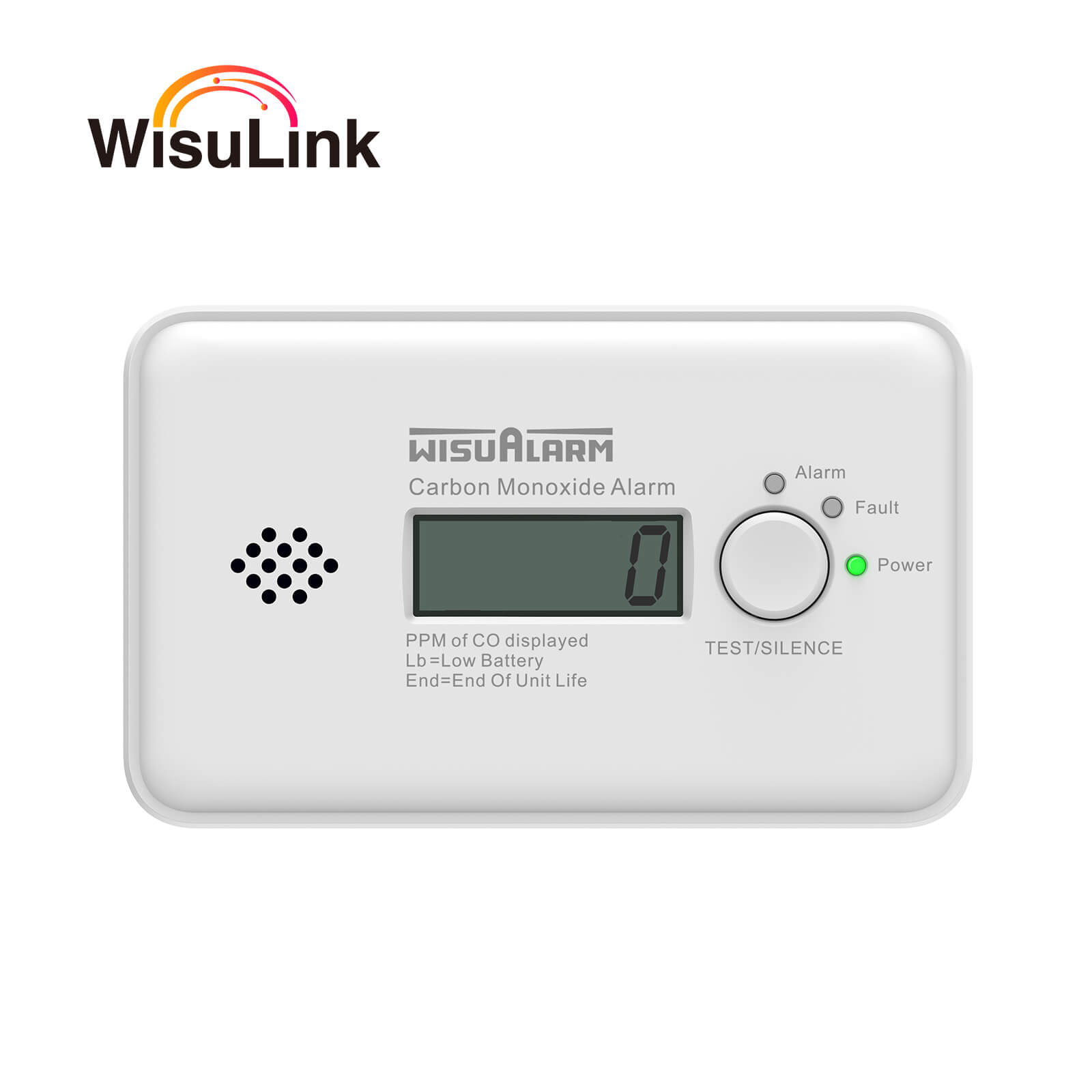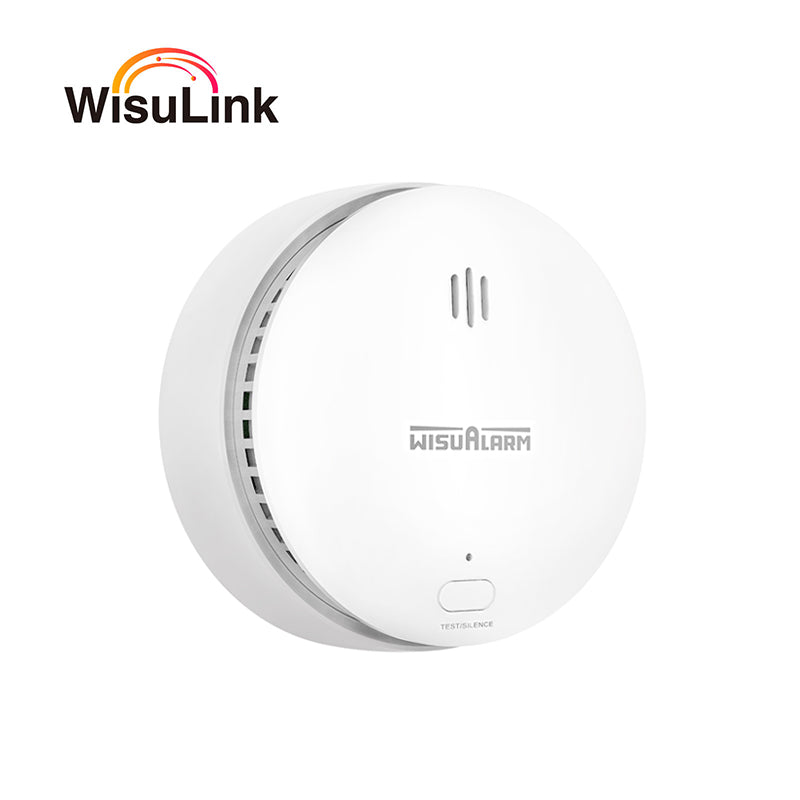EN 54Conventional Fire Alarm
· Strong Compatibility · Support 4/6/8 zones · Various communication interfaces · Ship from China · Safe payment with your currency
Learn MoreFeatured Items
Filter
Clear allSorry, there are no products in this collection.
Sorry, there are no products in this collection.










